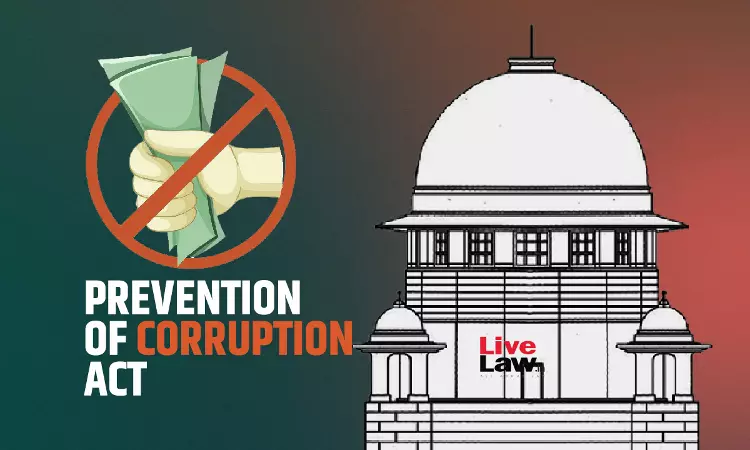The Supreme Court upheld the conviction of a retired public servant who had sought acquittal on the basis of alleged irregularities in the sanction order, noting that the minor edits made to the sanction report merely ensured that its form aligned with its substance, without altering its actual content.Observing that no failure of justice had occurred, the bench comprising Justices Dipankar...

